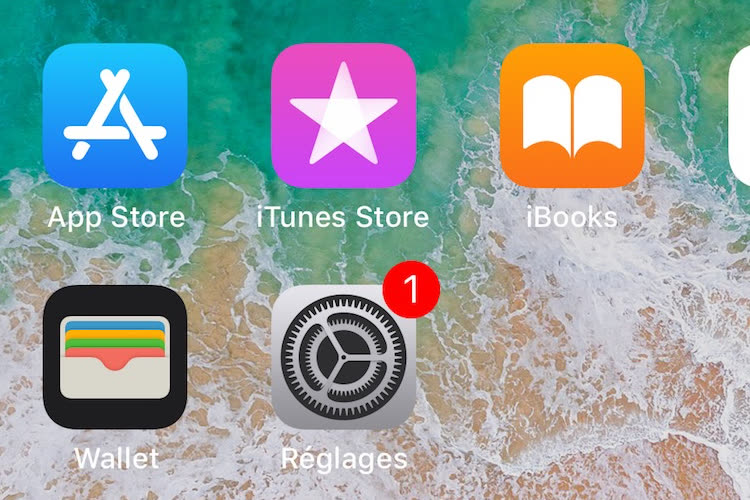
The transition from the current version of iOS to the new one will be different this year, at least for those who want it. Apple indicated that iOS will leave the choice between two different updates in Settings.
You can upgrade to iOS 15 as soon as the final version is available in September and benefit from the changes to the new system, or continue with iOS 14 while receiving important security updates. If you choose the second option, you will be able to upgrade to iOS 15 whenever you want.

This new option is not yet visible in iOS 14, it should appear as the final version of iOS 15 approaches. Will this slow down the adoption of iOS 15? It’s certainly not enough, because Apple preceded this option by a automatic updates are enabled by default system since iOS 14. Most users should do it automatically or almost automatically in iOS 15 when it launches, but those who want to stay on iOS 14 for one reason or another will be able to do so without sacrificing security. A priori, this new option will not be highlighted during configuration, it will have to be found in the configuration.
In any case, this new possibility should delight those who are reluctant to jump from day one to a major update for fear of bugs. what happens sometimes, it’s true. In the box the “anti-waste” law, the idea of enforcing a separation between “comfort” updates and security updates was brought to the table, but ultimately did not hold up. “We are tempted to switch smartphones because we are forced to download comfort updates at the same time as security updates. They really create confusion when using the device, and sometimes they slow it down, because the options that we add without the need for them request it until it is saturated ”., had defended the deputy François-Michel Lambert (Freedom and Territories group).
Apple bears a significant responsibility for this fear of the device slowing down after installing an update, but since the performance reduction scandal (which earned it a fine of 25 million euros due to lack of information), the brand treats this phenomenon with more care. The performance of older devices is better captured by newer versions of iOS, and users are better informed about battery conservation measures that can affect speed.
The circular economy law provides for the submission of a report of the government in “Possible ways to limit the risks of software obsolescence linked to updates to the operating system and software provided at the same time as the purchase of the property, as well as to enforce a separation between comfort updates and security updates.” Therefore, Apple anticipates this report that there would be had to be returned a year ago.